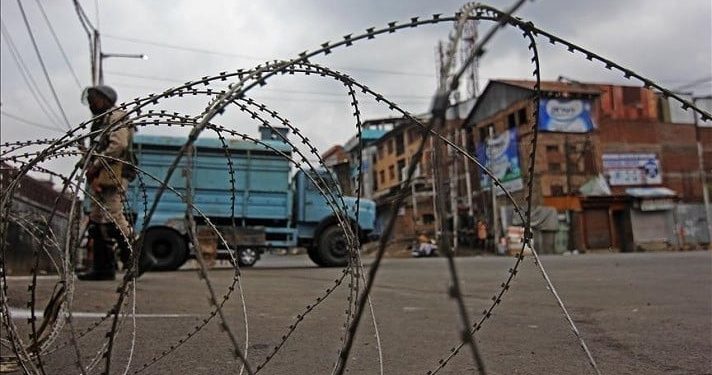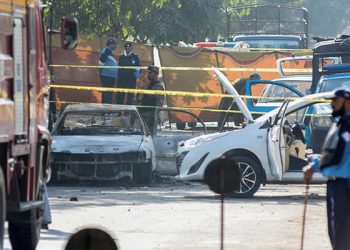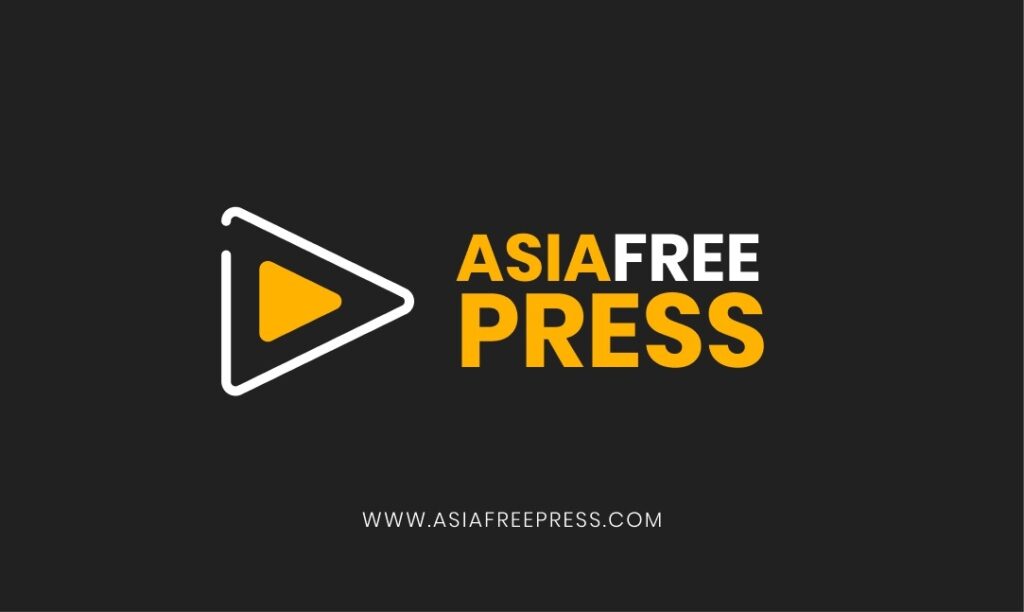In the picturesque valleys and bustling towns of occupied Jammu and Kashmir, a new normal is being meticulously constructed—one built not on the pillars of justice and liberty, but on the shifting sands of suspicion and the pervasive eye of surveillance. Recent reports of widespread detentions, the Criminalization of professions, and the arbitrary summoning of citizens paint a disturbing portrait of a region where the fundamental rights to expression, privacy, and due process are being systematically eroded under the guise of counter-terrorism.
The official narrative of Indian authorities in occupied territory is familiar and unwavering. Security forces, in “unwavering efforts to eradicate the remnants of terror networks,” conduct coordinated raids, detaining individuals under preventive measures based on “credible inputs.” As reported in Ganderbal and Sopore, these operations lead to the detention of dozens—39 persons in one instance—often described as “Over Ground Workers (OGWs)” or “associates of terrorist handlers.” Their homes are searched, digital devices seized, and they are lodged in jails without trial, their liberty sacrificed at the altar of public security.
However, a closer examination of these actions reveals a pattern that should alarm any advocate for democratic values. The term “credible inputs” remains shrouded in secrecy, devoid of public scrutiny or judicial oversight. This lack of transparency transforms preventive detention from a tool of last resort into a weapon of first instance, allowing for the indefinite incarceration of individuals based merely on suspicion. The arbitrary summoning of people to police stations for questioning further reinforces a climate of fear, where every citizen is a potential suspect and every interaction with authority carries an implicit threat.
Perhaps most alarming is the recent trend of criminalising entire professions, most notably the medical community. The case of doctors like Dr. Adeel and Dr. Muzzamil, accused of being part of a radicalized module, stretches credulity. The narrative, built on the flimsy foundation of a poster pasted in Srinagar, quickly unravels under scrutiny. The contradictions in official accounts are glaring: different media outlets report different names and quantities of recovered materials—350 kg of explosives becomes 2900 kg; AK-47 rifles are reported by one agency and denied by another. The Faridabad Police Commissioner’s statement contradicting the occupied Kashmir Police’s claims exposes a hastily constructed narrative, one that appears designed to generate headlines rather than uphold justice.
This targeting of professionals is not random. It sends a chilling message: even the most educated and integrated members of society are not safe from accusation. It serves to dismantle community trust, create societal paranoia, and dissuade the youth from aspiring to roles of influence and respect. When a doctor, a symbol of healing and trust, can be transformed into a terrorist suspect based on such dubious evidence, no one is safe. This appears less like law enforcement and more like a strategy to demoralise a population and dismantle its social fabric.
Underpinning this entire apparatus is a brutal assault on the right to privacy. The mandate forcing shopkeepers to install CCTV cameras at their own expense, with footage accessible to police without a court order, institutionalises a surveillance state. This move, justified under the same security pretext, ensures that every public and commercial space becomes a panopticon. The right to anonymity, to a private life free from constant government monitoring, is effectively abolished. This vast network of surveillance is not merely about solving crimes; it is about preempting dissent, monitoring political activity, and creating a permanent record of every citizen’s movements and associations.
Furthermore, reports of raids within jails to “harass already detained people” complete this grim picture. If even incarceration does not spare an individual from further intimidation, then the state’s power becomes truly absolute and terrifying. It signifies a move beyond punishing illegal acts to punishing the individual themselves, breaking their spirit long after they have been deprived of their liberty.
The statements of political leaders like Mehbooba Mufti, who speaks of Jammu and Kashmir being “locked in a cage,” are dismissed as political rhetoric. But they articulate a profound truth felt by all residents of occupied Kashmir . It must be remembered that the only crime of the people of Indian occupied Kashmir is demanding the rights enshrined in UN Security Council resolutions. The abrogation of Article 370 was promised to bring development and integration. Instead, it has brought a perpetual state of exception where legal protections are suspended and the authority of the security apparatus is supreme.
A counter-terrorism strategy that operates without robust legal safeguards, that criminalises dissent and profession, and that places an entire population under constant surveillance is ultimately self-defeating. It may create a fragile, enforced silence, but it does not create lasting peace or security. True security is built on trust, justice, and the unwavering protection of fundamental rights. By sacrificing these principles, the state is not combating terrorism; it is risking the alienation of an entire generation and undermining the very democratic values it claims to protect.
As these lines are written, news breaks of a car blast at a metro station in New Delhi—a tragic event that will inevitably have repercussions far beyond the capital. History suggests the ultimate outcome of this news will be increased repression against Kashmiri Muslims both in India and occupied Kashmir, a familiar pattern of collective punishment that follows such incidents. The critical question now is whether the Indian government will immediately resort to its well-practiced blame game, pointing fingers across the border, or whether it will have the courage to investigate its own security failures and address the root causes of unrest. The cage being built around India occupied Jammu and Kashmir is not just physical; it is a cage for the mind and spirit, and its doors threaten to close tighter than ever. Only time will tell which path toward security India will choose—one of accountability and rights, or one of further repression and alienation.



















